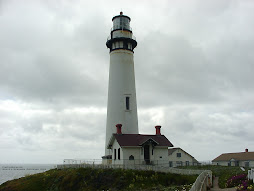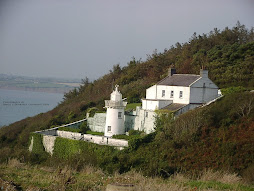BWI is Boating While Intoxicated! Also called Boating Under the Influence. That means Alcohol, Narcotics or any Drugs, prescription or otherwise!
Let's face it, having a beer, or a cocktail ,or a few drinks, just seems to go along with a sultry summer day at the boat. The problem is when people have more than constitutes legal intoxication, which is .08 BAC (Blood Alcohol Content) in most states and then get behind the wheel of a boat and operate it. Some people, in fact, don't need to even have the legal limit to become unable to operate a boat safely, and even if they do not have that .08 limit in their system, thay can be considered "impaired" and still arrested if they are operating a vessel unsafely.
Most states now have a ZERO BAC tolerance for those under the legal drinking age. This pertains to BWI as well as the DWI laws. If a person under the legal age to consume alcoholic beverages is found to have alcohol in their bloodstream, they will be immediately arrested. In fact, some states now have a requirement that teens caught under the influence, and driving, will lose their ability to have a drivers license until they are 21! And, that goes whether they are caught in a car or a boat!
The costs of BWI or DWI (Called DUI or Driving Under the Influence) are astronomical. Estimates in California are that it can cost $10,000 for the first offense, considering legal fees, fines, etc. Your vessel could be towed or impounded by the Coast Guard or Marine Police, and, if you're involved in a collision and cause property damage, bodily injury or God forbid, a fatality while operating under the influence, you could be facing felony charges and huge fines as well as lawsuits. Lawsuits not only by persons on a vessel you might hit, but by people on your own vessel who are injured by your negligence.
If you think it can't happen, think again! In my career, I've responded to many incidents where the operator was "three sheets to the wind" and thought the damage caused by his vessel was minor. Inebriation tends to do that...make everything seem minuscule. Even backing over a swimmer seemed unimportant to one "captain" when he reversed his out drive as a swimmer was hanging on. Granted, the swimmer should never have been there; they both were intoxicated, but the operator never looked, and in his state, probably would never have seen the swimmer anyhow.
Please remember that safe boating is sober boating. Life is so precious that it makes no sense to waste it foolishly. Enjoy partying at the dock. If you drink, drink responsibly. Don't wander all over the docks while drunk, either. (We had a man fall overboard some years ago and drown after a night of heavy drinking; he was found the next morning). It might sound very funny, but if you've had a bit too much to drink and feel the absolute need to walk around on the docks, wear that life vest. Being tipsy on the dock with a life vest sure beats being cold and dead in the morgue.
My wish for each and every one of you is a safe and happy holiday season filled with love, happiness and that your new year is bright and prosperous as you look forward to a great boating season ahead.
Safe Boating!












